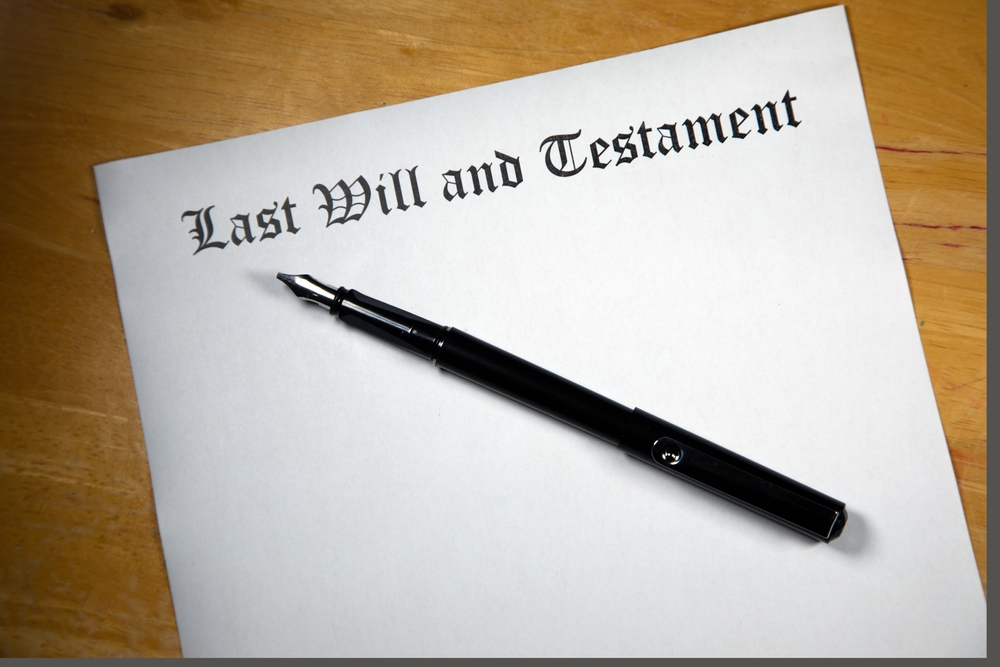How Much Can a Person Bequeath of Their Property?
Hanafi Fiqh
Answered by Mawlana Ilyas Patel
Question
I have a question regarding inheritance. My grandmother was a widow and had four children: two daughters and two sons, and they all have children. One of her sons died before her death, and three children remained. She was solely dependent on her daughters to take care of her, and she became bedridden and developed dementia in her last years.
After her death, she left some money and a house. She had told them (before her dementia) that after my death, I wanted the house to go to charity (to a mosque). Now she has died. I want to know whether the whole house should be given to charity or part of it, and if part of it, then how the rest of her inheritance will be divided?
Answer
In the Name of Allah, the Most Merciful and Compassionate.
I pray you are in good faith and health. Thank you for your question. Allah Most High envelope her in mercy, complete forgiveness, and make you all means for her continuous charity (sadaqa jariya), amin.
Upon the death of your beloved grandmother, the following expenses can be taken from her leftover wealth:
- Payment of funeral and burial expenses;
- Payment of all debts;
- Payment of any Islamic will (wasiyya) from one-third of her wealth, including any religious liabilities, such as unpaid Zakat, fidya, etc.;
- Distribution of the remaining assets and wealth by Sunni Islamic law among the inheritors, in consultation with a reliable scholar or Mufti.
In your case, you may take the expenses of 1-3 from her wealth and distribute the rest amongst her heirs, including the sons and daughters, or you may fulfill her wishes and give the house to a mosque if everyone agrees.
Generally, when someone dies, the wealth of the deceased will be distributed in the following way:
- Payment of funeral and burial expenses;
- Payment of all debts;
- Payment of any Islamic will (wasiyya) from one-third of one’s wealth, including any religious liabilities, such as unpaid Zakat, fidya, etc.;
- Distribution of the remaining assets and wealth by Sunni Islamic law among the inheritors or distributed according to the wishes of the deceased or how everyone wants it to be distributed if agreed by every heir without any issues. (This is better done in consultation with a reliable local scholar or Mufti). [Ibn ‘Abidin, Radd al-Muhtar]
As the matter is sensitive, I would like you to sit down as a family with a reliable local Mufti or scholar and discuss the issue in detail.
I would like you to go through the valuable answers and links below. You will receive guidance and direction, in sha’ Allah.
Related:
- Can My Mother Give Her Property To Whoever She Likes In Her Lifetime?
- Do My Siblings Inherit if My Mother States in Her Lifetime That She Wants to Leave Everything to Me?
- Can I give away all my wealth before dying?
- How Do We Deal With the Death of a Loved One?
- How to Divide Inheritance After a Parent’s Death?
- Inheritance Questions Following Father’s Death
- Inheritance Archives
Why not begin your search for knowledge by signing up for a course on SeekersGuidance?
I pray this helps with your question.
Wassalam,
[Mawlana] Ilyas Patel
Checked and Approved by Shaykh Faraz Rabbani
Mawlana Ilyas Patel is a traditionally trained scholar who has studied in the UK, India, Pakistan, Syria, Jordan, and Turkey. He started his early education in the UK. He went on to complete the hifz of the Quran in India, then enrolled in an Islamic seminary in the UK, where he studied the secular and ‘Aalimiyya sciences. He then traveled to Karachi, Pakistan. He has been an Imam in Rep of Ireland for several years. He has taught hifz of the Quran, Tajwid, Fiqh, and many other Islamic sciences to children and adults onsite and online extensively in the UK and Ireland. He taught at a local Islamic seminary for 12 years in the UK, where he was a librarian and a teacher of Islamic sciences. He currently resides in the UK with his wife. His interest is a love of books and gardening.
